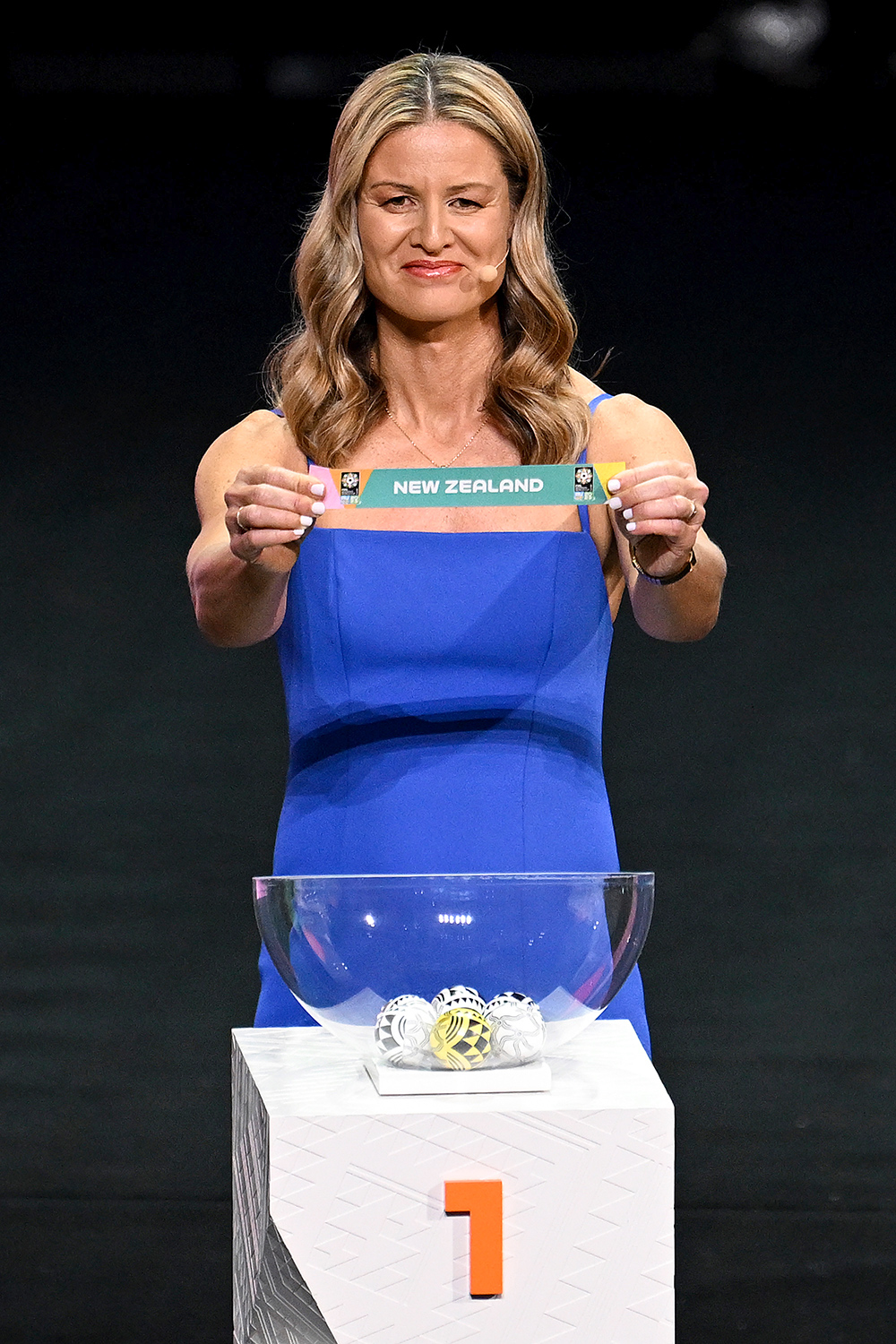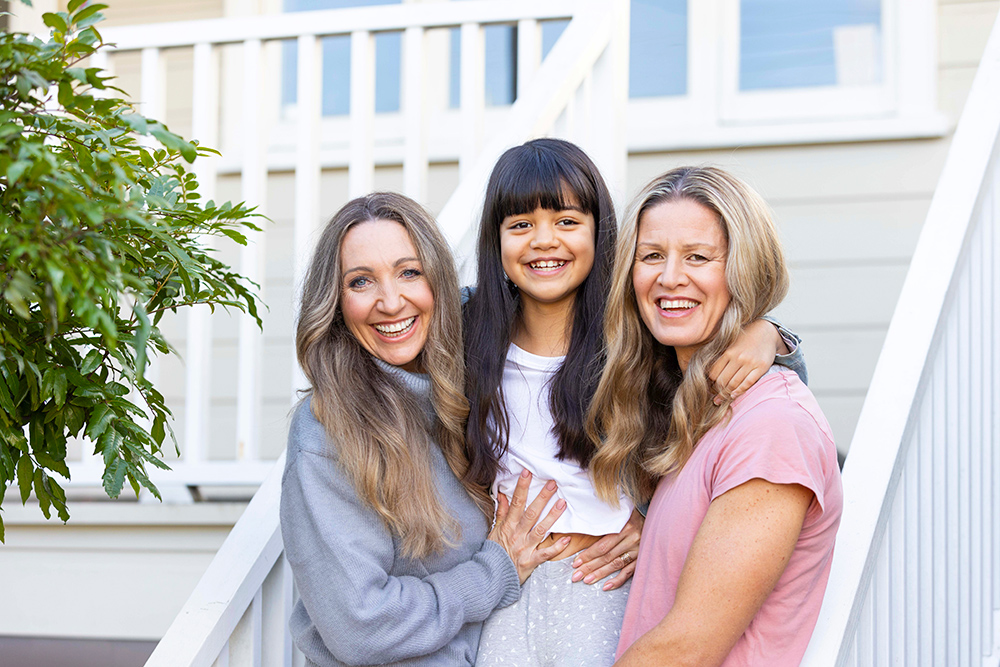When New Zealand was announced as the co-host with Australia for the 2023 FIFA Woman’s World Cup, no one was as proud as former national captain Maia Jackman, who is regarded as one of this country’s greatest female footballers.
The 48-year-old has worked tirelessly to grow the sport for women in Aotearoa, as a former player and leader. She never imagined that in her lifetime, New Zealand would host a women’s world cup and she would be called upon to help announce the draw for the event, beginning July 20.
“Pulling the countries names out for the draw was a really big deal,” she shares. “It was nerve-wracking. I was worried that I was going to fall over, but it went well in the end!”

Maia, who is Māori from the iwi of Ngāpuhi, loved football ever since she was eight years old, playing in the backyard in her hometown of Kerikeri. Her mother saw her talent and enrolled her to play in the local team, full of boys, as there were no girls’ teams in Northland at the time.
“I had short hair and was playing with the boys and often was mistaken for a boy,” she recalls. “When I started to make rep teams, some parents complained because I was chosen over their sons. That made me more determined because I wanted to let my abilities shine and have my skills on the field do the talking.”
Also, Maia was adopted and being on the football field gave her a sense of belonging.
“When you are adopted, you struggle with identity and sports gave me an identity.”
Maia loves her adopted parents, Jenny and Michael, and says they always encouraged her endeavours, even moving to Auckland to further support her sporting dreams. When she was 15, they found her birth parents and initiated a meeting. The experience changed her life.
“When I met my birth parents, everything made sense,” she tells. “I now have a great relationship with both of my families.”
At 14, Maia was discovered by former All Whites coach Kevin Fallon, who handpicked Maia to attend his football academy. She appreciated the opportunity but again was forced to train and play as the only girl alongside the boys.
As a 17-year-old, she made the national side for the first time and went on tour to the United States. Although it was an amazing achievement, Maia wanted to quit because she experienced bullying within the team.

Playing for the FIFA All Stars in 2007.
“I was the youngest,” she explains. “There were a solid group of women who had been there for a long time. It was a hierarchical culture. I had a rough time. It was intimidating and I wanted to quit.”
But Maia persevered and vowed that if she could survive the experience, she would not treat other players the same way.
“I swore that if I made it through this, then I don’t want anyone to feel like I did. I wanted the younger ones to feel confident and empowered.”
Maia’s determination saw her forge an international career spanning two decades. She captained the side and played in a world cup, with 50 matches for the Football Ferns. Scoring 12 goals in her career, she spent a season playing professionally in China. She fulfilled a dream when she was selected to play for the FIFA World XI All Stars in China in 2007, in front of 60,000 people. Retiring in 2012, at the age of 36, Maia’s been instrumental in developing the women’s game for New Zealand, and works as a personal trainer and physiotherapist.
Off the field, Maia has been together with her partner of six years, Carolyn Menzies, a former vet nurse who is now studying yoga. Carolyn says she’s proud of what Maia has achieved and the passion she shows towards empowering other women.
“She’s the most independent person I know,” Carolyn enthuses. “It’s like you must force her to accept support. She has such an authentic voice and that’s why people can relate to her.”

Maia with her two best girls, partner Carolyn and daughter Kaea.
Maia also fulfilled another dream eight years ago, when she gave birth to daughter Kaea.
“Being able to have Kaea was a blessing because I’ve always wanted to be a mum,” tells Maia. “She is the best thing that I have achieved.
“I’m battling in this world because I don’t ever want my daughter to feel undervalued. She shouldn’t have to face inequality, especially in sport. I want to make sure she doesn’t have to go through the hardships that we have had to go through.”
As a pioneer of women’s football in New Zealand, Maia has been chosen as a “Beyond Greatness Champion”, one of the inspirational women from New Zealand and Australia helping to promote the FIFA Women’s World Cup.
“I’ve been part of a group of many women who have helped get football where it is today,” concludes Maia. “I’m so proud of the young women who will be representing New Zealand on the world stage.
“We are the women that came before and now they are a representation of our collective hard work.”
Tickets and match schedules are available from fifa.com/tickets


-380x285.jpg)
